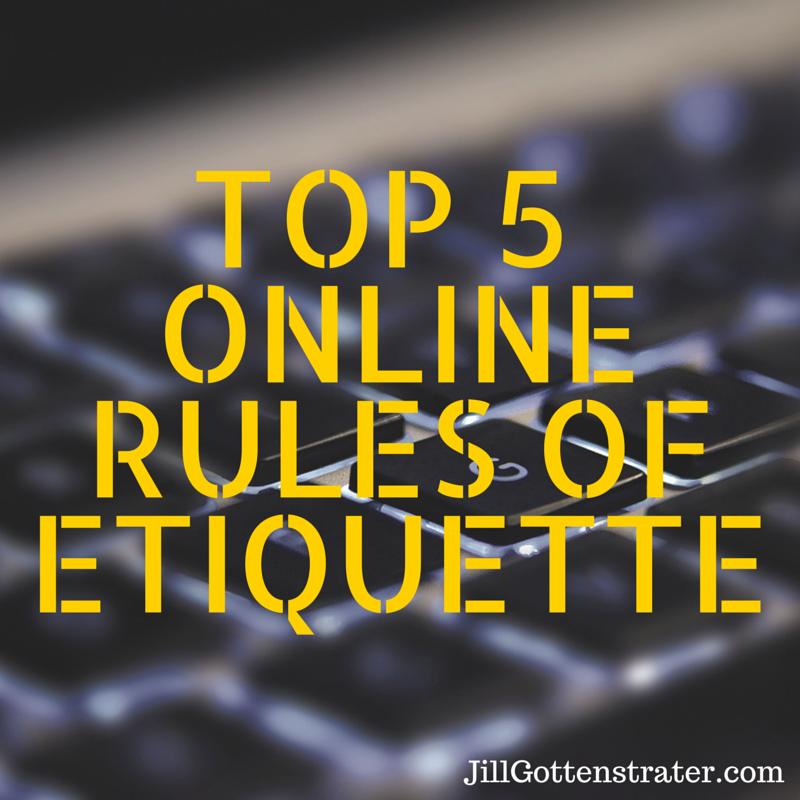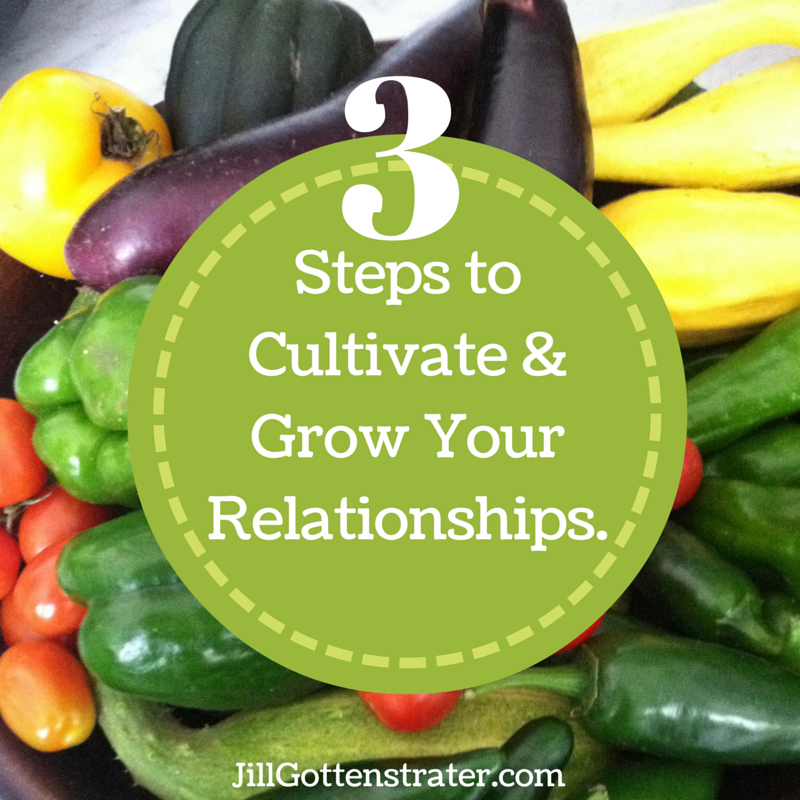Top 5 Online Etiquette Rules
I’m sure you’ve seen the animal cruelty commercials with Sarah McLachlan’s voice crooning a sad song in the background. If you haven’t, I don’t recommend you do, the images are haunting and painful to watch.
Earlier this week, I read a friend’s Facebook post and was sickened by what she had involuntarily experienced online.
Here’s what Cheri wrote:
“I feel violated! Right here on facebook I just saw a woman get run over. I’m sickened by something I cannot “unsee”. All to raise awareness of the dangers of playing pranks.
Did that need to be shared? Do tortured dogs and insane criminals and fatal car accidents need to be on facebook? Does seeing horrific images really cause people to act differently? Do scare tactics work?
Research says time and time again an astounding NO!!
So for the love of all that is good, please stop sending horrific images to your unsuspecting friends. I’d rather see people’s’ self-centered, duck-faced selfies (barf) than these kinds of horrors.
Awareness is fine. Sensationalism is not.
Rant over. Carry on.”
Have you experienced something like this? I once saw a video of a prison beating that I couldn’t get out of my head for weeks.
Did you know that in some cases, seeing images like this on TV or the Internet can lead to symptoms much like PTSD?
In light of all this, I think it’s a good opportunity for us to be reminded of some basic etiquette rules we should be following in our online interactions.
I’ve come up with my top five list here. Feel free to add others in the comments section, but please follow these rules when you do so. : )
JILL’S TOP FIVE ONLINE ETIQUETTE RULES
Be Kind. You know what it feels like when someone is unkind to you…it hurts. Remember how that felt next time you start to say or do something unkind to someone online. If there’s any question, I suggest you speak out loud what you have typed before you share, and when in doubt, just follow Jesus’ teaching, “Do unto others, as you would have them do unto you.”
Be Authentic. Oscar Wilde offers this bit of advice: “Be yourself; everyone else is already taken.” If your online and in-real-life personality and behavior are markedly different, you might want to check your motives and make some adjustments. If people don’t like you for who you were created to be, don’t worry about trying to please them.
Think Before You “Speak”. Remember that nothing is ever permanently removed or deleted online. If you are super emotionally charged about something, try using a one-hour rule: write or type out your thoughts and wait one hour before hitting send/reply/post. Also, please refrain from hateful spewing when you don’t agree with someone else’s opinion or perspective. Looking for a job? Prospective employers are looking online to find out more about their applicants…they may see something that will put you out of the running.
Don’t post disturbing graphics or videos. Don’t cause your friends emotional distress by sharing things that they will not be able to “unsee.” If you’re determined to share this type of media, please post a content warning and include a link or a page your friends can visit–if they choose to.
Promote Good. There is so much good in our world, but oftentimes the “bad” news overruns the headlines. We can change this by what we choose to view and share: 1. Watch the good stuff, ignore the rest. 2. Be generous in sharing the beautiful, funny, sweet, and amazing goodness you experience or come across.
Have a great week!
Jill xx
P.S. If you enjoy reading my blog, please share with your friends and family. Thanks!
One last thing…in an effort to share joy online, you must watch this mega dose of cuteness:




